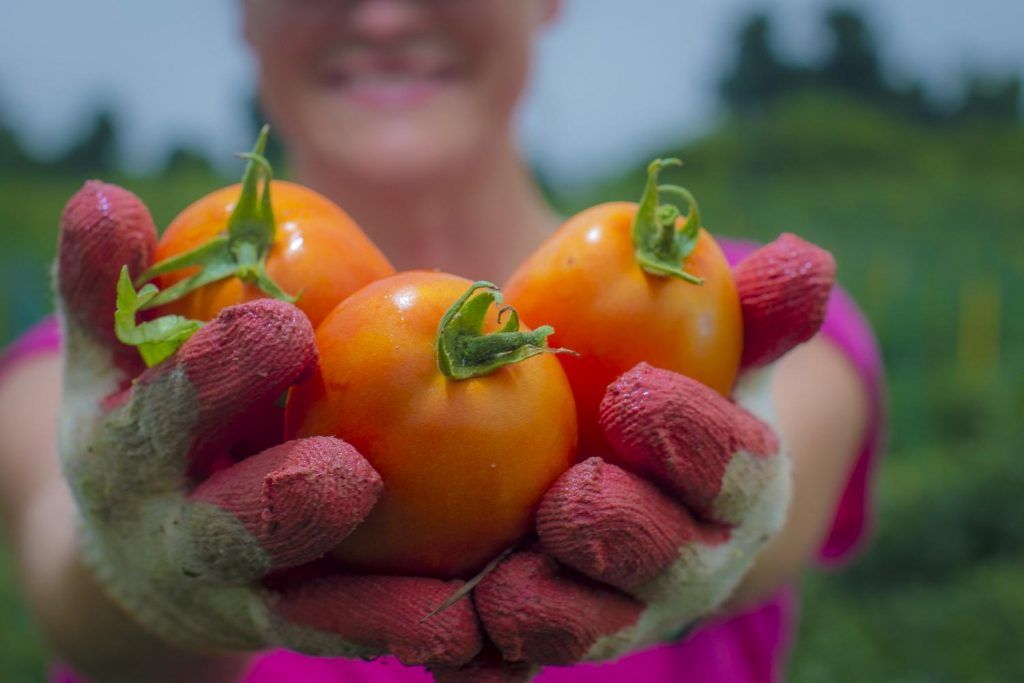The United States provides subsidies for the production of organic agricultural products of up to US$3 million per project.
These products promote environmental sustainability, natural resource conservation, animal welfare and biodiversity.
The U.S. Department of Agriculture (USDA) is taking additional steps as part of its commitment to strengthen the market for locally grown organic products and support producers seeking organic certification.
For example, USDA’s Organic Market Development Grant Program (OMDG) and Agricultural Marketing Service (AMS) will issue up to $75 million in competitive grants, such as investments in organic processing infrastructure.
Organic Agricultural Products
Grants under this program can range from $100,000 to $3 million for market development and promotion projects or processing capacity.
Also, these grants can range from $10,000 to $100,000 for simplified equipment projects only.
A non-federal match of 50% of the total cost of the proposed project is required, although this match requirement is reduced to 25% for historically underserved farmers or ranchers or other businesses that qualify under the Small Business Administration’s (SBA) Small Business Disadvantaged, women-owned small businesses, and veteran-owned small businesses categories.
Grants
The OMDG supports the development of new and expanded organic markets to help increase consumption of domestic organic agricultural products.
According to USDA, the program focuses on building and expanding capacity for production, wholesaling, aggregation, processing, distribution, manufacturing, storage, transportation, and development of certified organic consumer markets.
The OMDG aims to increase the availability and demand for domestically produced organic agricultural products and address the critical need for additional market avenues.
The AMS will give priority consideration to projects that address specific market needs for organic grains and livestock feed, organic dairy, organic fiber, organic legumes and other rotational crops, and organic ingredients that are not currently available in organic form.

